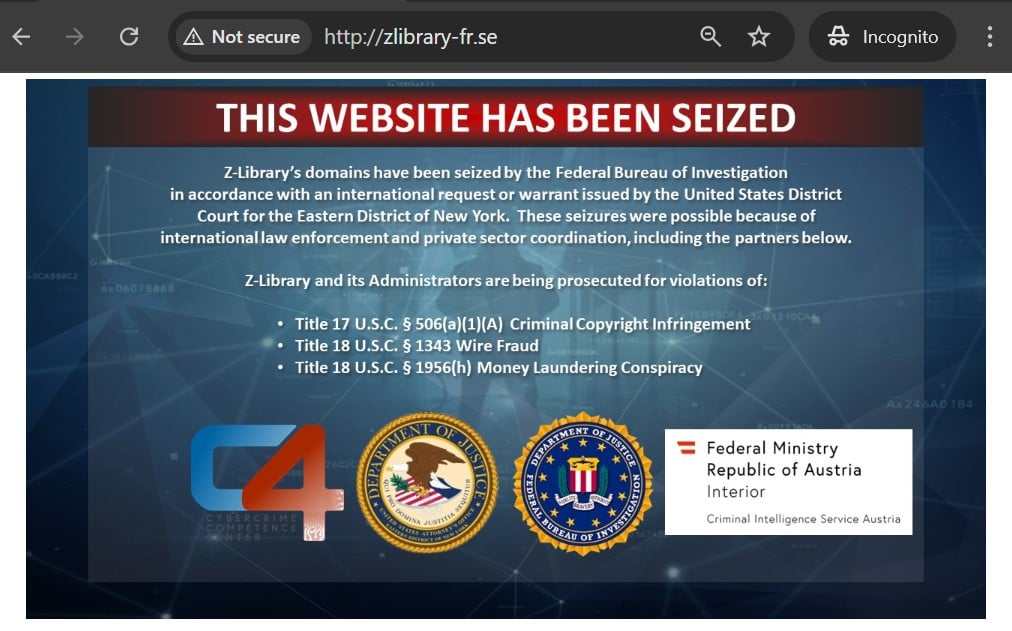-
chevron_right
ISPs Back Cox’s Supreme Court Petition to Counter “Extortionate” Piracy Liability Pressure
news.movim.eu / TorrentFreak • 17 September, 2024 • 5 minutes
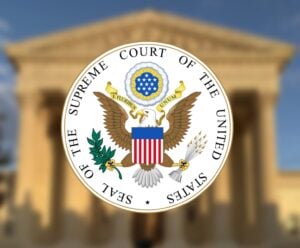 In August, Cox Communications filed a petition
at the U.S. Supreme Court
, requesting a review of a Fourth Circuit ruling that held the company liable for pirating subscribers.
In August, Cox Communications filed a petition
at the U.S. Supreme Court
, requesting a review of a Fourth Circuit ruling that held the company liable for pirating subscribers.
The Internet provider ultimately challenges a $1 billion jury verdict in favor of major record labels, including Sony and Universal, arguing that it has far-reaching implications for Internet providers and the broader American public.
Cox wrote that, in its view, the lower court’s ruling stretches service provider liability too far and creates the “most draconian secondary-liability regime” in the country. As a result, ISPs find themselves ‘forced’ to terminate subscribers, who may have done little wrong.
Two Questions
This case is about who is responsible for Internet piracy. Is it only the users who actually share pirated material, or can ISPs be held responsible too, when they fail to properly respond to “repeat infringers”, as the DMCA prescribes?
The Fourth Circuit concluded that Cox “materially contributed” to the infringements of its subscribers because the company knew about this activity and didn’t terminate their accounts.
That leads Cox to present the following question to the Supreme Court:
“Did the Fourth Circuit err in holding that a service provider can be held liable […] merely because it knew that people were using certain accounts to infringe and did not terminate access, without proof that the service provider affirmatively fostered infringement or otherwise intended to promote it?”
The second question is indirectly related to the damages award. The jury awarded the maximum statutory damages of $150,000 per work, which is typically reserved for “willful” infringement. Cox questions whether simply knowing about subscribers’ copyright infringements is willful.
“Did the Fourth Circuit err in holding that mere knowledge of another’s direct infringement suffices to find willfulness under 17 U.S.C. § 504(c)?” the petition reads.
ISPs Back Cox
This case doesn’t only affect Cox, it has implications for all Internet providers. Yesterday, several other ISPs including Verizon, Frontier, Altice, and Lumen Technologies, filed an amicus curiae brief at the Supreme Court, backing the petition.
Several of these providers are involved in similar lawsuits, with potential damages running in the hundreds of millions, if not billions of dollars. This ‘threat’ created by the lower court’s ruling creates “extortionate pressure” and invites mass terminations, they argue.
“The decision […] imperils the future of the internet. It exposes internet service providers to massive liability if they do not carry out mass internet evictions.
“The extortionate pressure such lawsuits exert is acute. And the mass terminations they encourage would harm innocent people by depriving households, schools, hospitals, and businesses of internet access.”
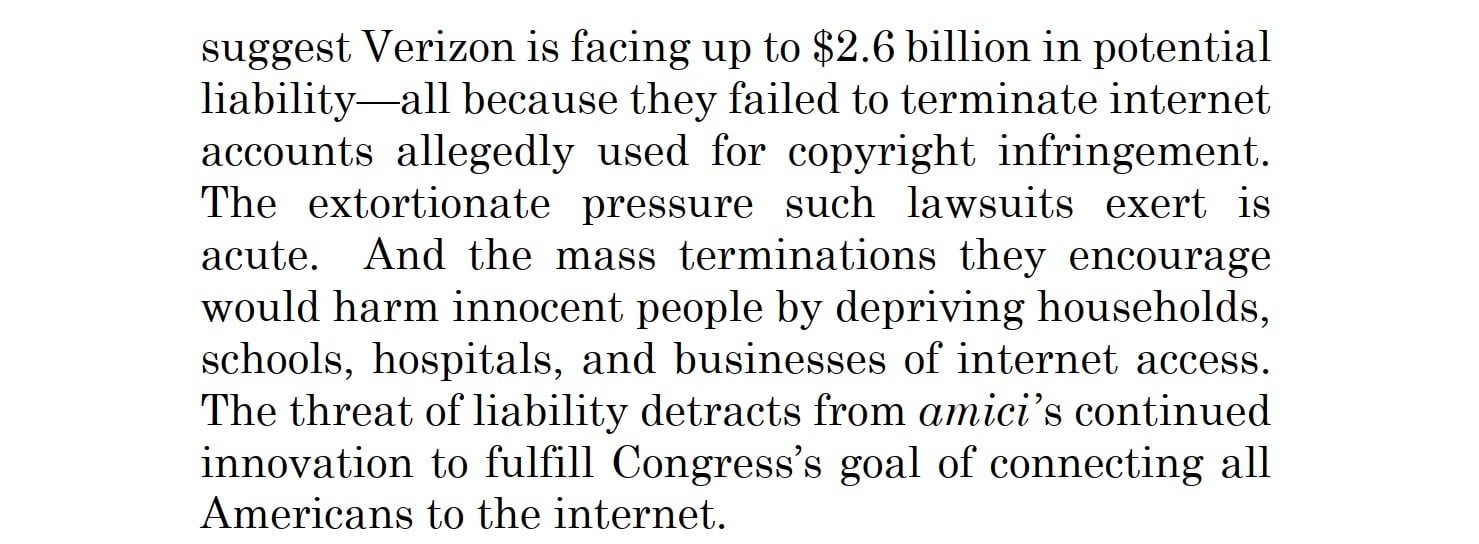
The ISPs note that, as things stand, they are required to terminate connections of alleged pirates that may also be used by innocent others. This is all based on third-party accusations that, in large part, rely on automated processes which are not error free.
The amicus brief stresses that the Fourth Circuit’s decision to hold Cox liable, directly contradicts the recent Supreme Court ruling in Twitter vs Taamneh . In that case, the Supreme Court rejected the claim that Twitter aided-and-abetted terrorist activity because it didn’t “consciously and culpably” participate in the illegal activity.
According to the ISPs’ brief, the same logic applies in this case. Cox was held liable for the piracy activities of subscribers, without taking any culpable action.
A service provider’s failure to stop bad actors from misusing its platform does not qualify as culpable action. To emphasize this point, the brief cites the Supreme Court’s own words.
“Under the common law, this Court explained, ‘communication providing services’ have no ‘duty’ ‘to terminate customers after discovering that the customers were using the service for illicit ends’.
“For that reason, the Court held that the social-media companies’ continued provision of routine communication service to terrorists was ‘mere passive nonfeasance’ that did not amount to culpable aid.”
In conclusion, the ISPs urge the Supreme Court to grant Cox’s petition and overturn the Fourth Circuit’s decision, emphasizing the need to protect ISPs from excessive liability and safeguard the internet’s future.
Law Professor Chimes In
It’s no surprise that these ISPs are siding with Cox, as they have a direct interest in the outcome of the case. However, they are not the only amici; Professor Alfred Yen from Boston College Law School also wrote in.
Professor Yen urges the Supreme Court to grant certiorari (Cox’s appeal) and rectify what he perceives as a flawed interpretation of contributory copyright infringement law by the Fourth Circuit. His only interest in this case is the “orderly and logical development of the law for the benefit of society,” his brief explains.
The brief also focuses on culpable intent. The Fourth Circuit concluded that Cox was ‘culpable’ because it provided internet service to subscribers, while knowing that those subscribers could likely continue to pirate.
The court specifically stated that “supplying a product with knowledge that the recipient will use it to infringe is exactly the sort of culpable conduct sufficient for contributory infringement.”
Professor Yen believes that this is wrong, as Cox could not conclude with “substantial certainty” that infringers would continue. Especially since Cox also operated a graduated response program, aimed at stopping piracy on its network.
Electric Shock
In addition, the brief notes that ‘certainty of injury’ does not always imply intent. There are many other services that are guaranteed to lead to injury, where intent is not in question.
“For example, the operator of a railroad knows with substantial certainty that this activity will eventually cause injury to someone. The same would be true for the electric company because eventually, someone will suffer an electric shock,” Professor Yen writes.
While the Fourth Circuit’s conclusion that Cox is liable might seem superficially attractive, the professor warns of far-reaching and dangerous consequences if it holds up.
Under the same logic, many other companies could be drawn into liability battles because they provide services to individuals who may use that service to infringe, ranging from electricity providers to ink sellers.
“The Fourth Circuit’s logic makes all of these service providers culpably responsible for infringement as long as they receive the same kinds of notice sent to Petitioners and continue providing service,” Professor Yen writes.
Moving Forward
The Supreme Court took both briefs under consideration, to see if these will eventually factor into the decision to hear the case or not.
The respondents in this case, a group of major record labels including Sony and Universal, were required to file their planned opposition brief yesterday. However, they were given a month’s extension previously, so that will come in later.
—
A copy of the amicus brief filed by the Internet providers is available here (pdf) . A copy of Professor Alfred Yen’s brief can be found here (pdf)
From: TF , for the latest news on copyright battles, piracy and more.

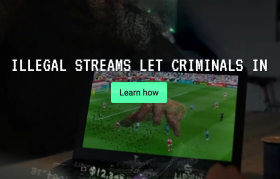
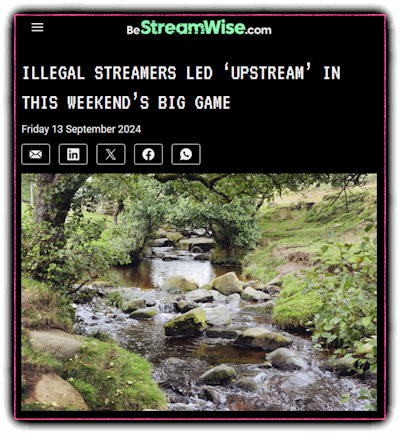
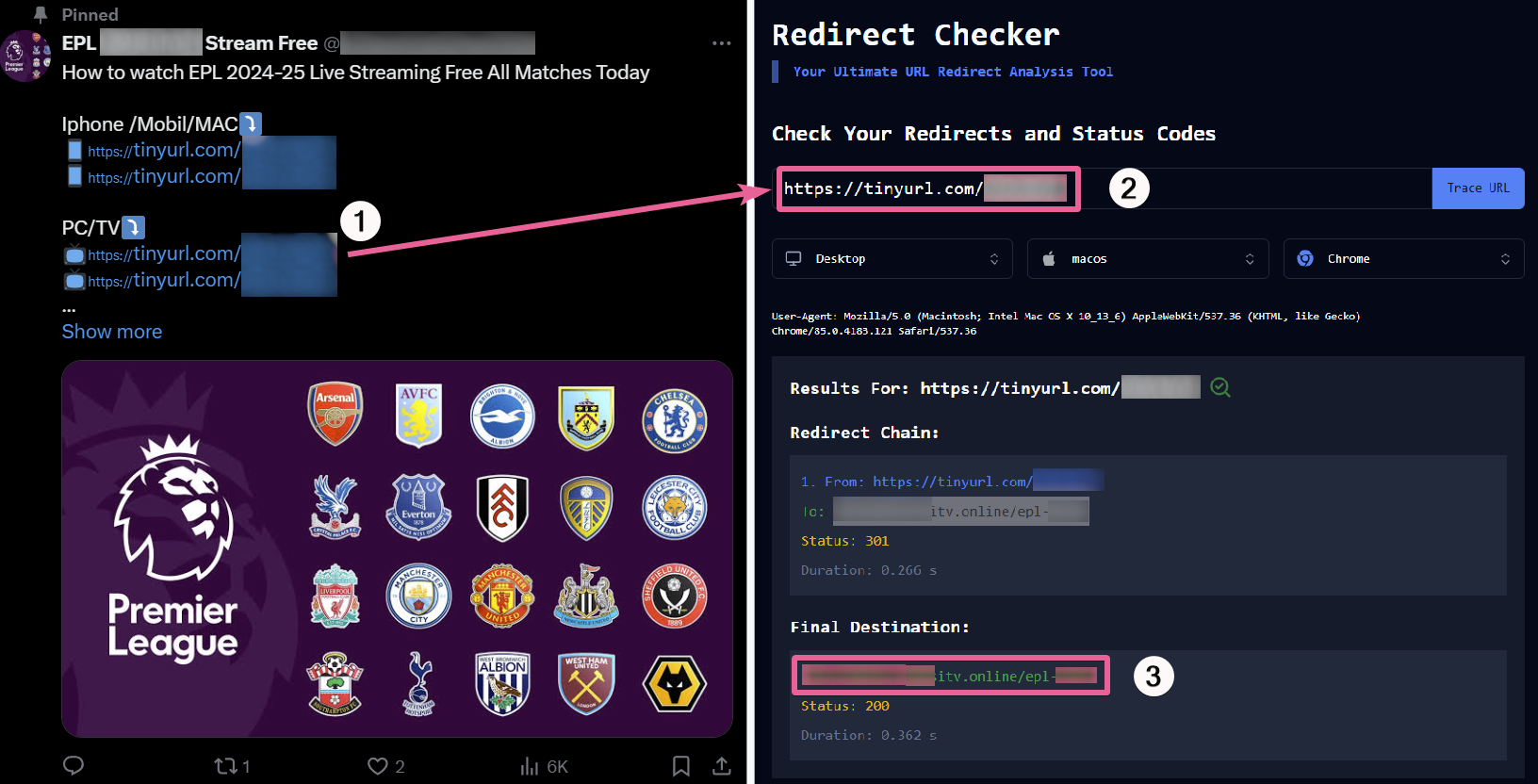
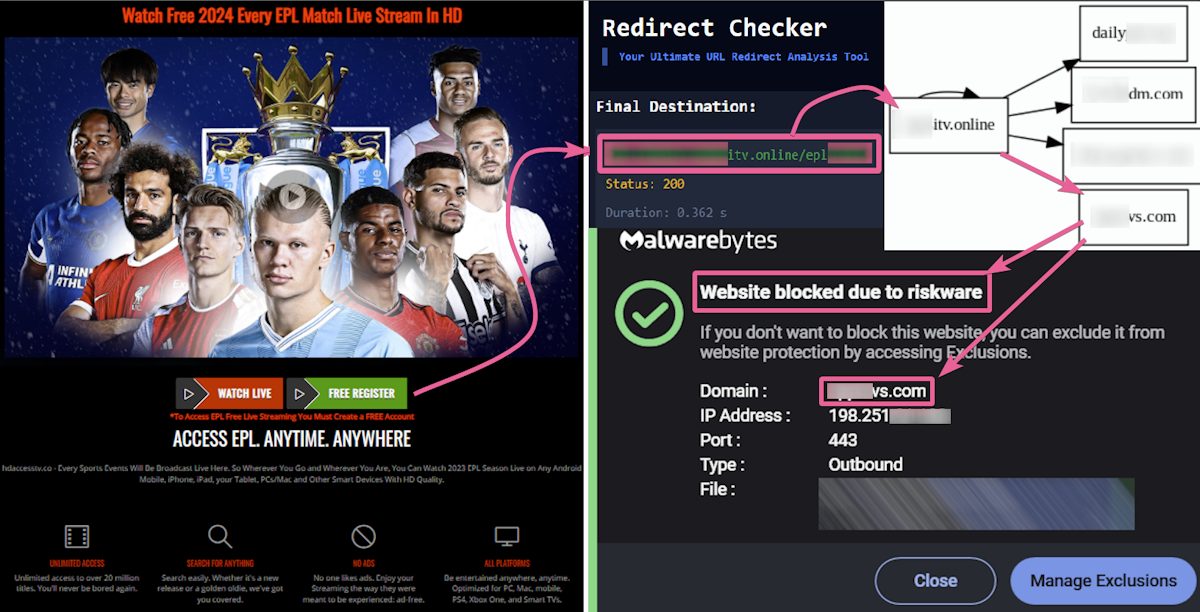
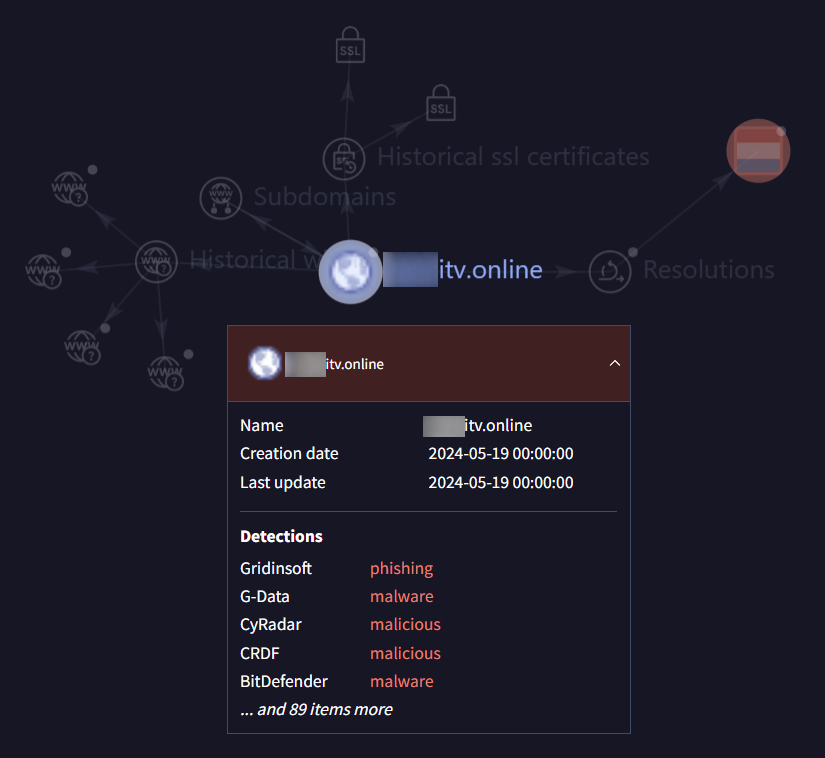
 Tracking BitTorrent pirates isn’t all that hard since IP addresses are openly broadcasted. With help from Internet providers, these addresses can then be linked to account holders.
Tracking BitTorrent pirates isn’t all that hard since IP addresses are openly broadcasted. With help from Internet providers, these addresses can then be linked to account holders.
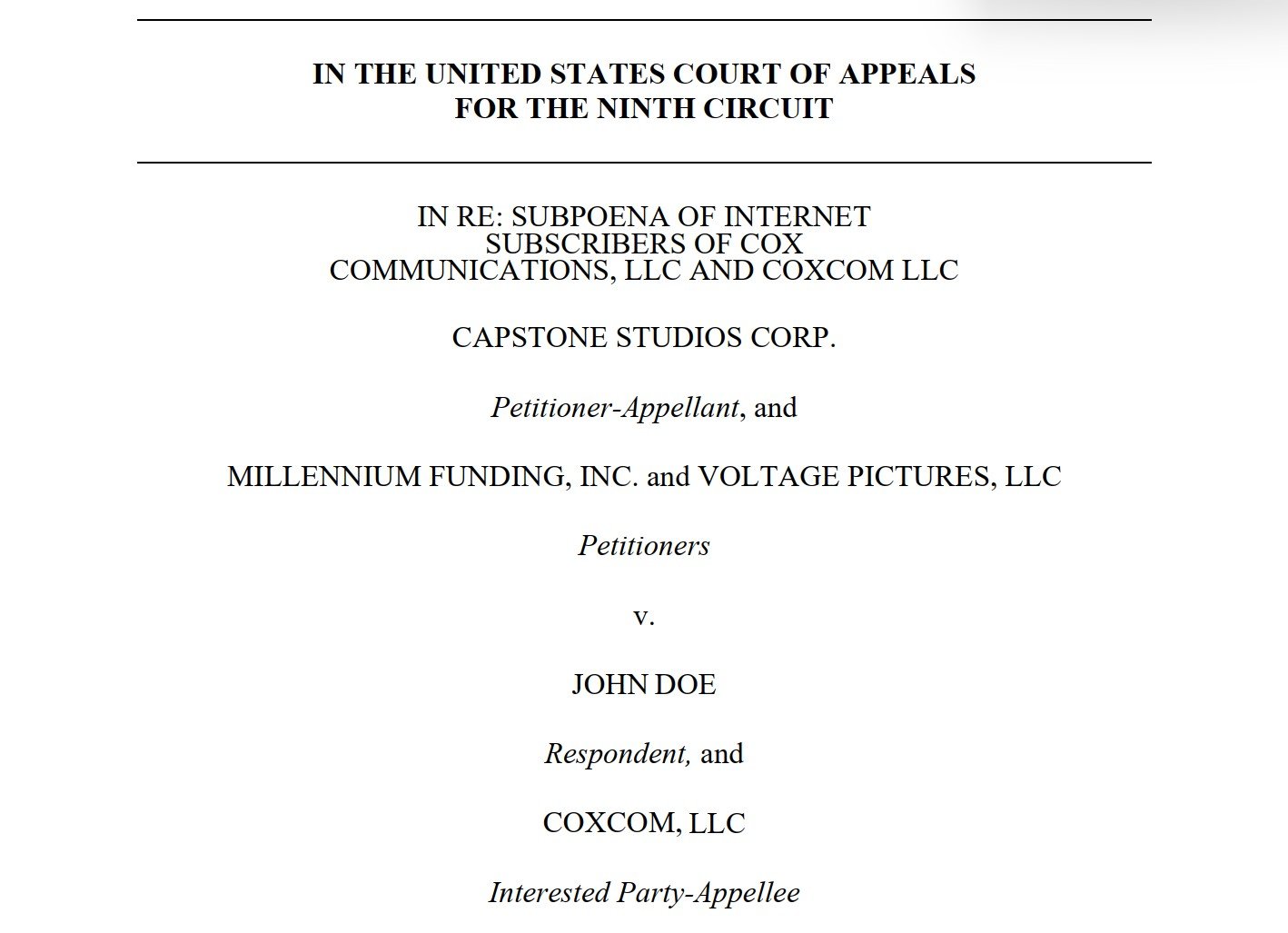



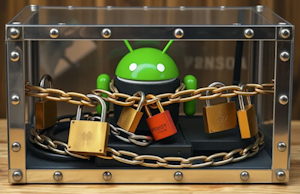


 A few weeks before the U.S. Department of Justice announced the
A few weeks before the U.S. Department of Justice announced the
